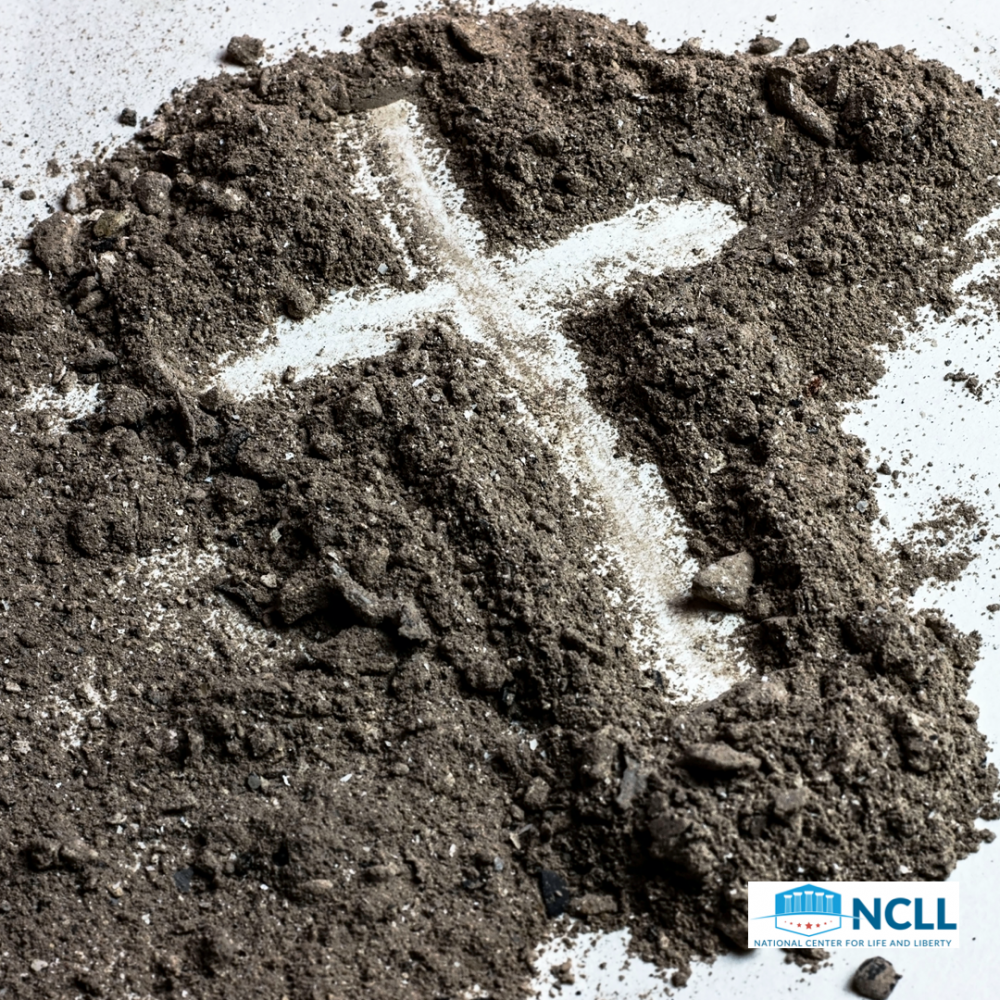
In an increasingly post-Christian culture, how vulnerable is YOUR local church to coercive “anti-discrimination” public accommodation laws?
The short answer: it’s a constant battle. YOUR active involvement is required to preserve your church’s rights, and here’s why. The Bill of Rights’ First Amendment to the U.S. Constitution provides a three-strand cord protecting free exercise of religion, freedom of assembly, and free speech.
But that hasn’t stopped local, state, and federal government policymakers from trying to strip away long-established religious liberties in favor of granting special rights based on sexual orientation and gender-identity (SOGI).
The courts have historically tended toward religious liberty notwithstanding Obergefell v. Hodges in 2015, which forced every state to perform and recognize so-called “same-sex marriages.” Since then, officials have intensified discrimination against individual Christians (and other people of sincerely held-beliefs) and faith-based institutions.
Shortly after Obergefell the U.S. District Court for the Southern District of Iowa, Central Division reiterated “state and federal courts have held that churches and programs they host are not places of public accommodation.”
In her opinion issued October 14, 2016, U.S. District Judge Stephanie M. Rose cited several previous court decisions to buttress her opinion, including:
- Traggis v. St. Barbara's Greek Orthodox Church, (2d Cir. 1988) (affirming on other grounds a grant of summary judgment where district court had determined that church had not violated Connecticut’s civil rights act because church was not a public accommodation)
- Vargas-Santana v. Boy Scouts of Am. (D.P.R. Mar. 30, 2007) (“[A]s a matter of law, a church is not a place of public accommodation.”)
- Saillant v. City of Greenwood, (S.D. Ind. Apr.17, 2003) (noting that church could exclude persons of its choosing from its property because a “church is not a place of public accommodation”)
- Wazeerud-Din v. Goodwill Home & Missions, Inc., (N.J. Super. 1999) (holding that a church’s addiction program was not a public accommodation under New Jersey law; the group was essentially religious in nature in that it devoted time to the study of Christian tenets and “a religious institution's solicitation of participation in its religious activities is generally limited to persons who are adherents of the faith or at least receptive to its beliefs”)
- Roman Catholic Archdiocese of Philadelphia v. Commonwealth of Pennsylvania, (Pa. Commw. Ct. 1988) (holding that parochial schools run by the Catholic church are not places of public accommodation under Pennsylvania law).
As more academic, entertainment, social media, and corporate interests promote a post-Christian worldview, we must stand up as believers to keep our personal and corporate religious liberties from being taken away or infringed.
Every day, the National Center for Life and Liberty stand with you, your church, and your right to exercise your faith freely in America.

